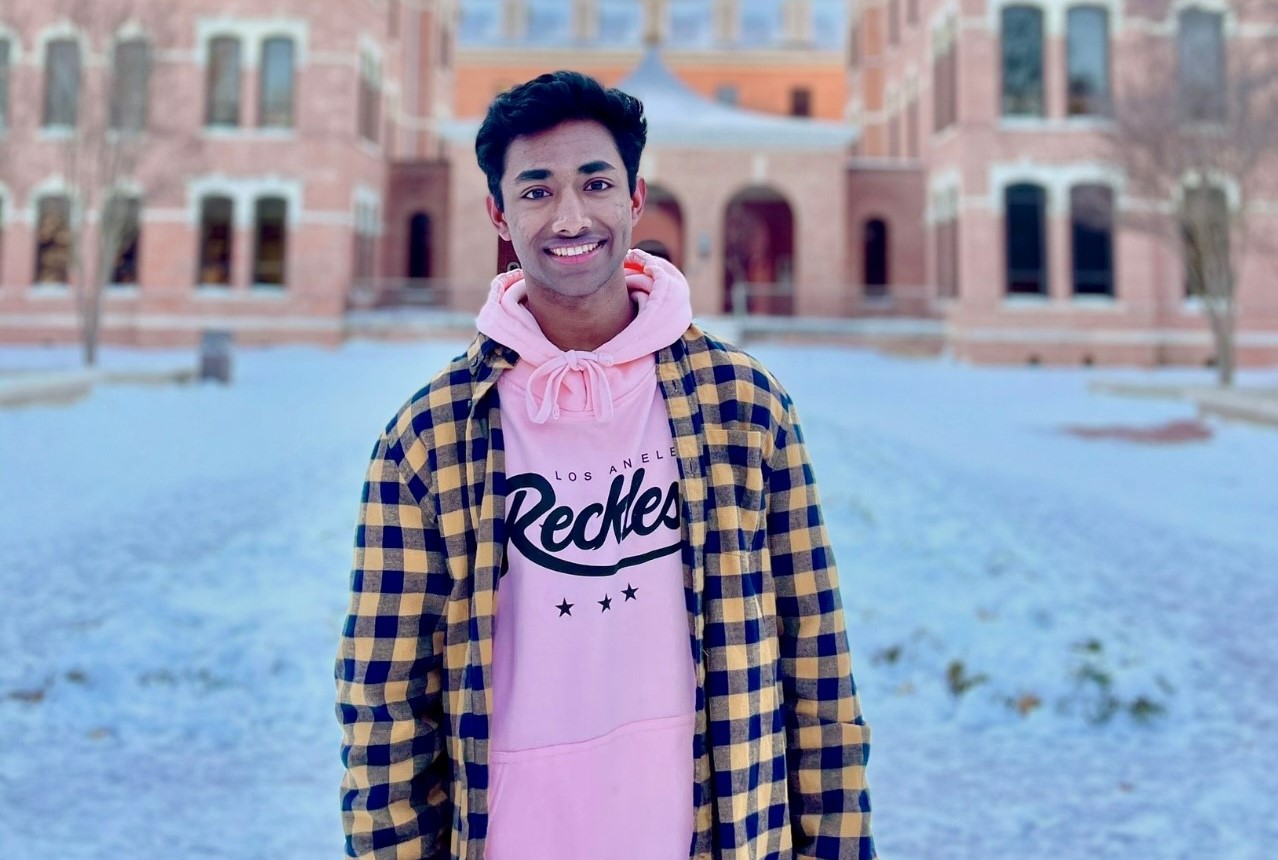Viewing the Practice of Science as an Art

This summer I interned at Lawrence Livermore National Laboratory in Livermore, CA conducting classified research with the US Department of Energy and the US Department of Defense. My work focused on chemical warfare agent non-proliferation, methods for their forensic analysis, and the development of targeted medical countermeasures. Guided by Dr. Carlos Valdez, a long-time research mentor, one of the projects I worked on was concerned with developing a novel method for the detection of nerve agent degradation products via GCMS. Gas-chromatography mass-spectrometry (GCMS) enables rapid and easy detection of forensic analytes, however the methods require compounds that are volatile to enter the gas-phase. The breakdown products of nerve agents are not volatile, so this project presented that the benzylation of the breakdown products enabled efficient detection via GCMS. This novel method has great impact in the forensic field for agencies concerned with the detection and identification of nerve agent exposure in targeted attacks. The findings are presented in a publication that I first authored in Nature Scientific Reports and presented at the Fall Annual Meeting of the American Chemical Society.
As a Medical Humanities student at Baylor, the critical thinking and interdisciplinary practices learnt in our program has enabled my ability to conduct complex research discovery viewing the practice of science as an art. My first mentor at Baylor and a key-figure in my decision to come to Baylor is clinical professor of medical humanities—Dr. Bill Hoy. Dr. Hoy's mentorship has encouraged me to harness the curiosity in scientific discovery by practicing the humanities in medicine. His guidance and mentorship have allowed me to fuel my experiences in the molecular sciences towards my passions in the human sciences. The Medical Humanities program at Baylor University has provided me unique opportunities to pursue the sciences by placing emphasis on critical reasoning and interpersonal understanding. My experiences in the program's translational courses and extracurricular activities have allowed me to employ a unique approach to pursuing the scientific process that has enabled my leadership in discovery at the frontiers of medicinal chemistry, cancer biology and immunotherapy. I am forever grateful for my undergraduate journey in the medical humanities and the mentors that have inspired me to give back through mentoring other Medical Humanities and Honors College students in my endeavors towards medicine.
Nature-access link: https://www.nature.com/articles/s41598-022-25710-4
Citation:
Subramanian, A. et al. Benzyl trichloroacetimidates as derivatizing agents for phosphonic acids related to nerve agents by EI-GC-MS during OPCW proficiency test scenarios. Sci Rep 12, 21299 (2022). https://doi.org/10.1038/s41598-022-25710-4